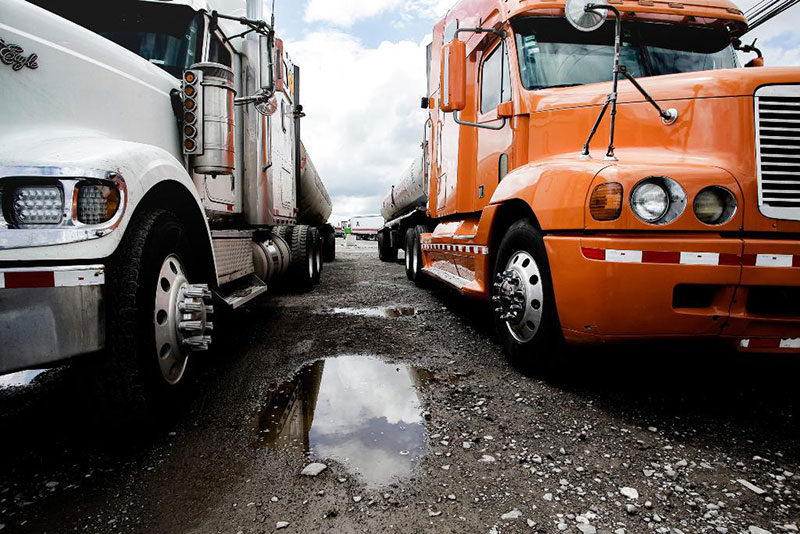The government of Panama announced a binational agreement with Costa Rica, which allows drivers from that country to enter Costa Rican territory and the cargo passage through the Paso Canoas post would be reopened.
The measure ends a blockage of cargo transit by Panamanian carriers, in protest because Costa Rica launched a plan to prevent the entry of foreign drivers in order to prevent the eventual spread of covid-19.
The blockade was established early Monday morning (May 18), and the agreement was announced this Wednesday night (May 20) by Panamanian Foreign Minister Alejandro Ferrer, on his social networks.
After the Panamanian announcement, the Costa Rican Minister of Foreign Trade (Comex), Dyalá Jiménez, explained that Costa Rica will allow the controlled entry of Panamanian drivers.
They will enter destined for predetermined customs warehouses chosen by the private sector and approved by public authorities, she added.
While in Costa Rica, they will have strict health control and sufficient time to unload, load and rest, although they have a maximum period to stay in Costa Rica. Then they have to leave for Panama with the same controls, which may include travel in caravan, Jiménez explained.
She added that it is a pilot plan, but did not detail how long it will be applied.
In Peñas Blancas, the northern border, the transit of goods was also closed, but in this case by the decision of the Nicaraguan government, responding to protests from the truckers in their country.
– paying the bills –
Meanwhile, Costa Rican authorities continue permanent contact with officials from the other Central American countries, promoting an agreement to reopen the transit of goods. But the agreement was reached only with Panama.
Minister Jiménez on Wednesday expressed her hope that other countries will join.
The proposals within Costa Rica were agreed with the participation of immigration authorities, Customs, Health, Comex, and coordinated with officials of the National Emergency Commission and the Costa Rican Social Security Fund.
Meanwhile, commercial transport remains paralyzed on the northern border. The Chamber of Industries of Costa Rica (ICRC) explained that the sectors most affected so far are frozen products, dairy, food and raw materials for the productive sector.
Source: Costa Rica News.






































